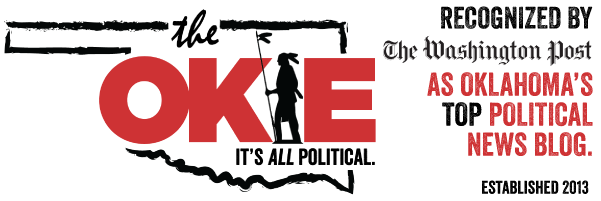What to Watch in 2015: The Relevance of State Parties
As we enter 2015, The Okie would like to remind our readers of a story Politico penned back about a year ago discussing the current health of State Parties. As more outside groups gain credibility, how relevant will traditional State Parties continue to be? The Okie will monitor this trend throughout 2015 and the evolution of State Parties.
A few paragraphs from the story:
For many state parties, the party may soon be over.
State party officials across the country say the explosion of money into super PACs, nonprofit groups and presidential campaigns has made fundraising more difficult. And some of those outside groups are starting to take over the traditional local roles state parties play, spending big on voter contact and outreach operations.
The effect is that candidates can be more beholden to national organizations or single-issue groups rather than state party leaders. That’s leading to a change in candidates and their beliefs and the issues that come up in elections and statehouses.
The GOP takeover of North Carolina in 2010 and 2012, for example, was bankrolled largely by the network founded by GOP megadonors Charles and David Koch and primarily directed through the nonprofit Americans For Prosperity. AFP’s former chairman, Art Pope, now serves as North Carolina budget director.
In Texas, two Democratic outside groups have essentially built a party organization outside the official Texas Democratic Party. Several Obama campaign veterans are running the group Battleground Texas as a field and turnout operation, while the Lone Star Project is doing opposition research and tracking against Republicans.
In New Jersey, labor groups funneled money into legislative elections through a group now called General Majority PAC, a free-spending outside group headed by a former top aide of Senate Majority Leader Harry Reid.
In Wisconsin, it was labor money that drove recall fervor against Gov. Scott Walker and several GOP state senators in 2011. State Democratic officials were quietly hoping tonegotiate with state Republicans — before ultimately backing the labor-driven recall efforts.

